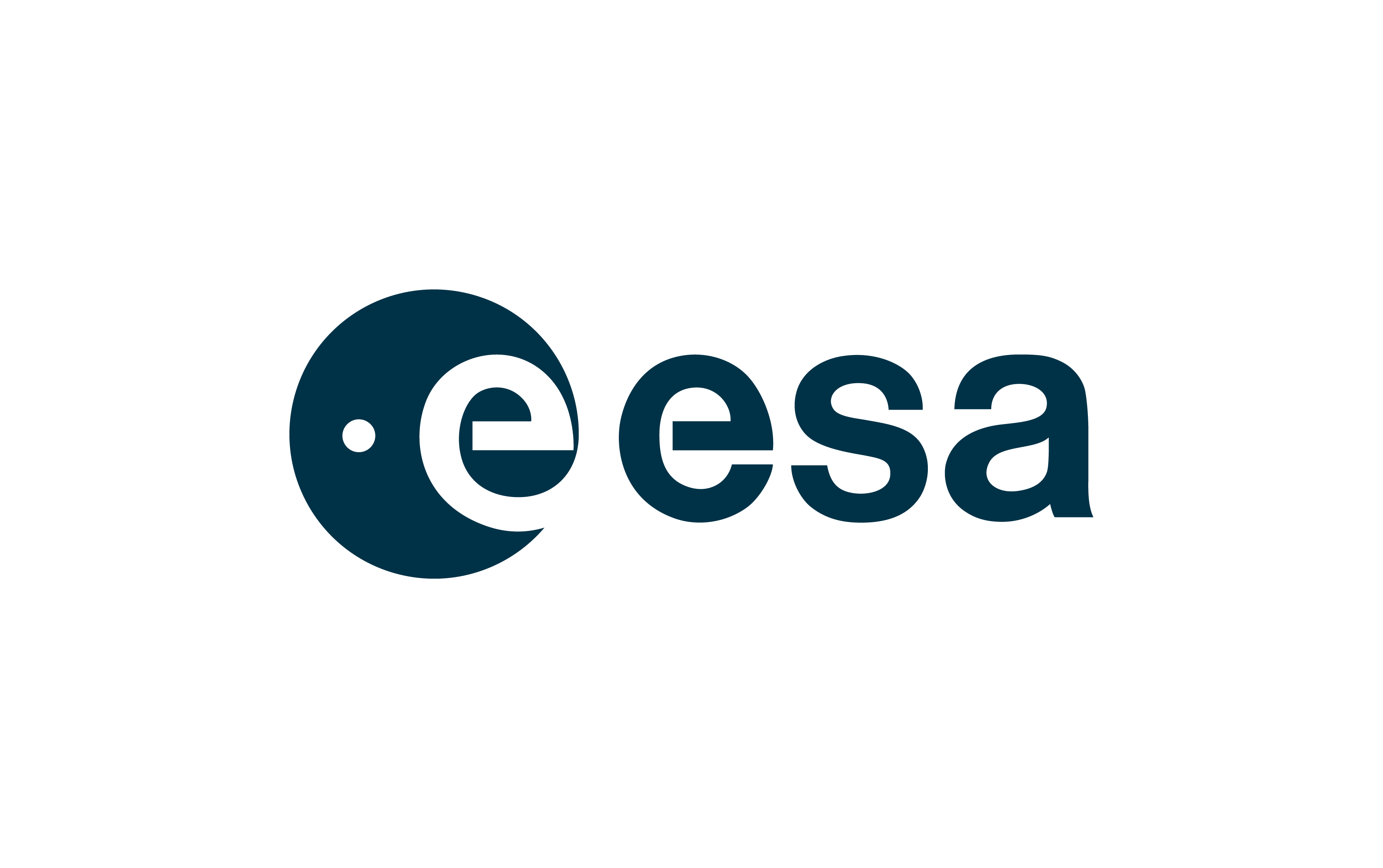
Colocated European Space Agency (ESA) Workshop
Schedule - Pre Conference Day (December 10, 2023)
Speakers
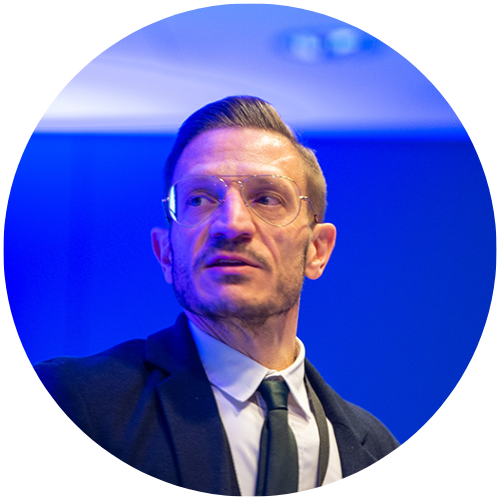
Dr. Carlos Lopez-Martinez
RSLab (Remote Sensing Laboratory), Signal Theory and Communication Department TSC, Universitat Politècnica de Catalunya Barcelona Tech UPC, Barcelona, Spain.
Brief
Dr. Carlos Lopez-Martinez received the MSc degree in Electrical Engineering and the PhD degree from the Universitat Politècnica de Catalunya UPC, Barcelona, Spain, in 1999 and 2003, respectively, as well as the Postgraduate Diploma in Data Science and Big Data from the Universitat de Barcelona UB, Barcelona, Spain in 2021. Dr. Lopez-Martinez is Associate Professor in the area of remote sensing and microwave technology in the Universitat Politècnica de Catalunya, Barcelona, Spain. He has a large professional international experience at DLR (Germany), at the University of Rennes 1 (France), and as a group leader of the Remote Sensing and Natural Resources Modelling team in the Luxembourg Institute of Science and Technology (Luxembourg). His research interests include Synthetic Aperture Radar (SAR) theory, statistics and applications, multidimensional SAR, radar polarimetry, physical parameter inversion, advanced digital signal processing, estimation theory, and harmonic analysis.
Dr. López-Martínez has authored more than 200 articles in journals, books, and conference proceedings, and received the EUSAR 2002 Conference Student Prize Paper Award, co-authored the paper awarded with the EUSAR 2012 Conference First Place Student Paper Award, and received the IEEE-GRSS 2013 GOLD Early Career Award. Dr. López-Martínez has broad academic teaching experience from bachelor, master, and PhD levels to advanced technical tutorials presented at international conferences and space and research institutions worldwide. He is an associate editor of the IEEE-JSTARS journal and the MDPI Remote Sensing, acting also as invited guest editor for several special issues. He has collaborated in the Spanish PAZ and the ESA’s SAOCOM-CS missions, in the proposal of the Parsifal mission and he is member of the ESA’s Sentinel ROSE-L Mission Advisory Group. He was appointed vice-president of the IEEE-GRSS Spanish chapter, and in 2016 he became its secretary and treasurer. From 2011 Dr. López-Martínez collaborates with the IEEE-GRSS Globalization initiative in Latin America, contributing to the creation of the IEEE-GRSS Chilean chapter and the organization of the 2020 LAGIRSS conference, being appointed as Latin America liaison in 2019. He is also co-chair of the Tutorial Technical Committee of the Indian 2020 and 2021 InGARSS conferences.

Dr. Francesco Sarti
Scientific Coordinator of the Education and Training Activities. Directorate of Earth Observation Programmes-ESA/ESRIN
Brief
After his Master Degree in Electrical Engineering at the University of Rome La Sapienza, he was hired in 1990 at the Operation Center of the European Space Agency in Germany (ESA/ESOC) in the area of mission analysis and orbit control manoeuvre optimization. He then moved to precise orbit determination and to orbit and attitude control and continued his career at ESA/ESTEC in The Netherlands.
After attending the ISU SSP 1996, he moved to Toulouse, France, in 1997, where he got a Post-Graduate Master in Applied Remote Sensing followed by a PhD on optical & radar remote sensing for the monitoring of surface deformation (University of Toulouse Paul Sabatier). In 1998-2001 he was then employed by CESBIO and by CNES conducting R&D activities for remote sensing applications to disaster management and natural risk monitoring, interferometric monitoring of seismic areas and providing training courses in Earth Observation. He was appointed as the first Project Manager for the International Charter on Space and Major Disasters after its creation.
In 2001, he was appointed by ESA as a technical interface ASI-CNES for the cooperation COSMO-SkyMed / Pléiades. In 2002 he joined the Earth Observation Directorate at ESA/ESRIN, where, since 2007, he coordinates the Education and Training Activities in Earth Observation, including scientific training courses, MOOCs, webinars and in general capacity Builduing activities about Remote Sensing techniques and applications. He is also in charge of the coordinating in ESA the scientific developments related to SAR polarimetry, the related scientific conferences (POLINSAR) and training, and the development of SAR data processing tools for Polarimetry. Finally, he is in charge of the PUMAS initiative between ESA and CONAE for the access to SAOCOM data for scientific users in Europe and related training and CB components.
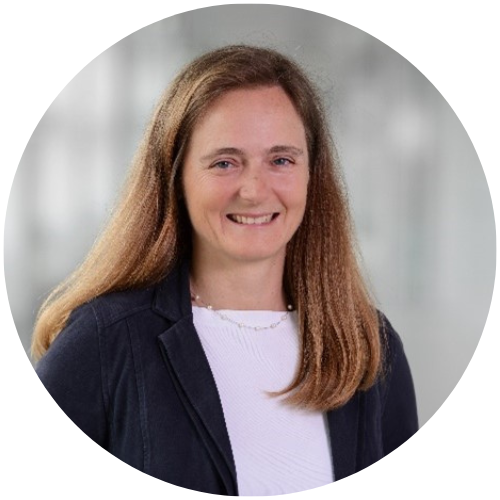
Prof. Dr. Irena Hajnsek
Professor of Earth Observation, Swiss Federal Institute of Technology (ETH) Zürich Institute of Environmental Engineering; Head, Polarimetric SAR Interferometry, German Aerospace Center Microwaves and Radar Institute
Brief
Irena Hajnsek is since November 2009 Professor of Earth Observation at the Swiss Federal Institute of Technology (ETH) Zürich Institute of Environmental Engineering and at the same time head of the Polarimetric SAR Interferometry research group at the German Aerospace Center Microwaves and Radar Institute. Her main research interests are in electromagnetic propagation and scattering theory, radar polarimetry, SAR and interferometric SAR data processing techniques, environmental parameter modelling and estimation. She received her Dipl. degree in the topic of fluvial river systems (Honors) in 1996 from the Free University of Berlin, Germany and the Dr. rer. nat. degree (Honors) in model-based estimation of soil moisture from fully polarimetric Synthetic Aperture Radar in 2001 from the Friedrich Schiller University of Jena, Germany. Since 2010 she is the science coordinator of the German satellite mission TanDEM-X. Currently she is a member of the European Space Agency Mission Advisory Group for the ROSE-L Mission. She was Technical Program Co-chair of the IEEE IGARSS 2012 in Munich, Germany and 2019 in Yokohama, Japan. From 2013 to 2021 she was a member of the IEEE GRSS AdCom and from 2016 to 2020 the vice president of the IEEE GRSS Technical Committees. She is the founder of the new Technical Committee Remote sensing Environment, Analysis and Climate Technologies (REACT) that exists since Nov 2021
She won 10 highly recognised awards, among them three best paper awards (VDE EUSAR 2018, VDE EUSAR 2008 and IEEE Transactions Geoscience and Remote Sensing 2008, ESA POLinSAR Wolfgang Boerner Award 2019, IEEE GRSS J-STARS Prize Paper Award 2019), two very prestigious awards in recognition of the scientific work done in the last five years (DLR Wissenschaftpreis, IEEE W.R.G. Baker Paper Award and DLR Senior Scientist), certificate in recognition to the achievements in the design and execution of a German satellite mission TanDEM-X and she have been awarded as a IEEE Fellow (2014) for her innovative research work in remote sensing. Further she serves as an Associate Editor of IEEE Journal of Selected Topics in Applied Earth Observations and Remote Sensing (USA).
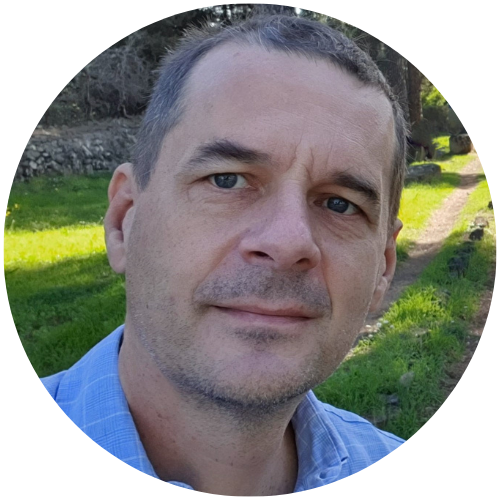
Dr. Klaus Scipal
SMOS and BIOMASS Mission Manager – ESA/ESRIN
Brief
Klaus Scipal received the M.Sc. degree in geodesy and the Ph.D. degree in technical sciences from the Vienna University of Technology, Vienna, Austria, in 1999 and 2002, respectively. He has been a Scientist with the Institute of Photogrammetry and Remote Sensing, Vienna University of Technology, and the European Centre for Medium-Range Weather Forecasts in the fields of earth observation and data assimilation with a focus on land surface processes. In 2009, he joined the Mission Science Division of the European Space Agency, as a Mission Scientist working on the development of future SAR satellite systems. In 2020, he became the Mission Manager for the SMOS and BIOMASS satellite missions.

Dr. Magdalena Fitrzyk
Remote Sensing Project Scientist. Directorate of Earth Observation Programmes – RSAC for ESA/ESRIN
Brief
Magdalena Fitrzyk received M.Sc. degree in geodesy and geoinformatics in 2007 and Ph.D. degree in technical sciences in 2013 from Wroclaw University of Environmental and Life Sciences. She worked as an assistant professor in the Institute of Geodesy and Geoinformatics of Wroclaw University of Environmental and Life Sciences until 2015 when she was hired as Research Fellow at ESA/ESRIN. Since 2017 she is working for RSAC in ESA as Remote Sensing Project Scientist providing scientific support to the activities of Data and Application Division in the Directorate of Earth Observation Programmes.
Her domain is SAR and polarimetric SAR for land applications. She is also in charge of the organisation and programme of scientific conferences like POLINSAR and FRINGE, as well as organisation of advanced trainings in polarimetry and land remote sensing domains.
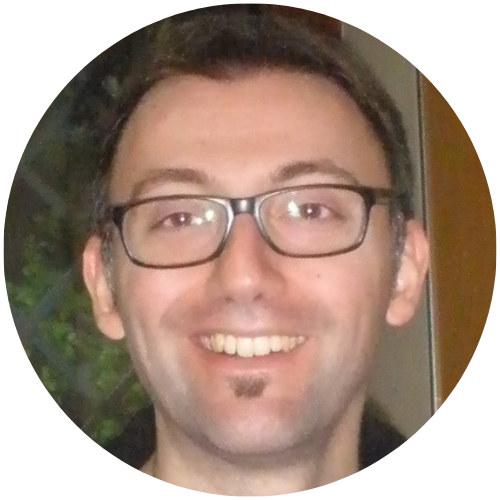
Dr. Armando Marino
Associate Professor at the University of Stirling, Faculty of Natural Sciences, Stirling, UK.
Brief
Armando Marino (M’2011) is a Senior Lecturer in Earth Observation, Biological, and Environmental Sciences at the University of Stirling, UK. His research interests include radar imagery for the monitoring of the environment, and maritime applications such as monitoring plastic pollutants, icebergs, sea ice, and other targets at sea that are of interest for environmental protection and hazard mitigation. He has worked on various projects such as the “Multimodal data analysis for monitoring invasive aquatic weeds in India” and “Delivering analysis-ready and value-added data to the South American supply chain and farmer advisory services” funded by the Royal Academy of Engineering and Environment Systems Ltd. respectively.
Dr. Armando received the M.Sc. degree in telecommunication engineering from the Universita’ di Napoli “Federico II,” Naples, Italy, in 2006. In 2006, he joined the High Frequency and Radar Systems Department, German Aerospace Centre, Oberpfaffenhofen, Germany, where he developed his M.Sc. thesis. He received a Ph.D. degree in polarimetric SAR interferometry from the School of Geosciences, University of Edinburgh, Edinburgh, U.K., in 2011. From March 2011 to October 2011, he was with the University of Alicante, Institute of Computing Research, Spain. From December 2011 to May 2015, he was a Postdoctoral Researcher and Lecturer with ETH Zurich, Institute of Environmental Engineering, Switzerland. From June 2015, he was a Lecturer with the School of Engineering and Innovation, Open University, Milton Keynes, U.K. Since May 2018 he is an Associate Professor at the University of Stirling, Faculty of Natural Sciences, Stirling, UK. Armando was awarded the “Outstanding Collaborator” achievement at the University of Stirling in 2022.
